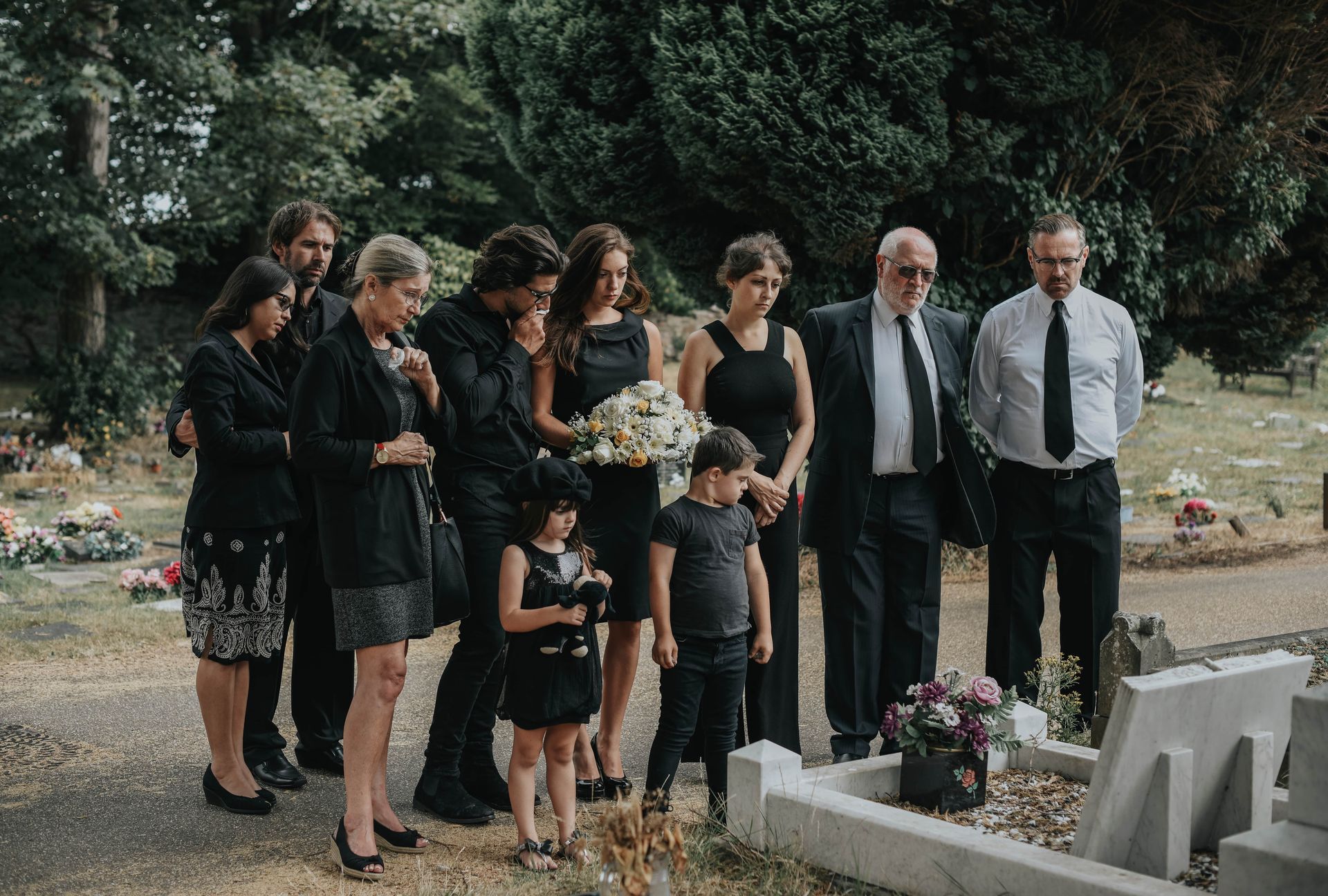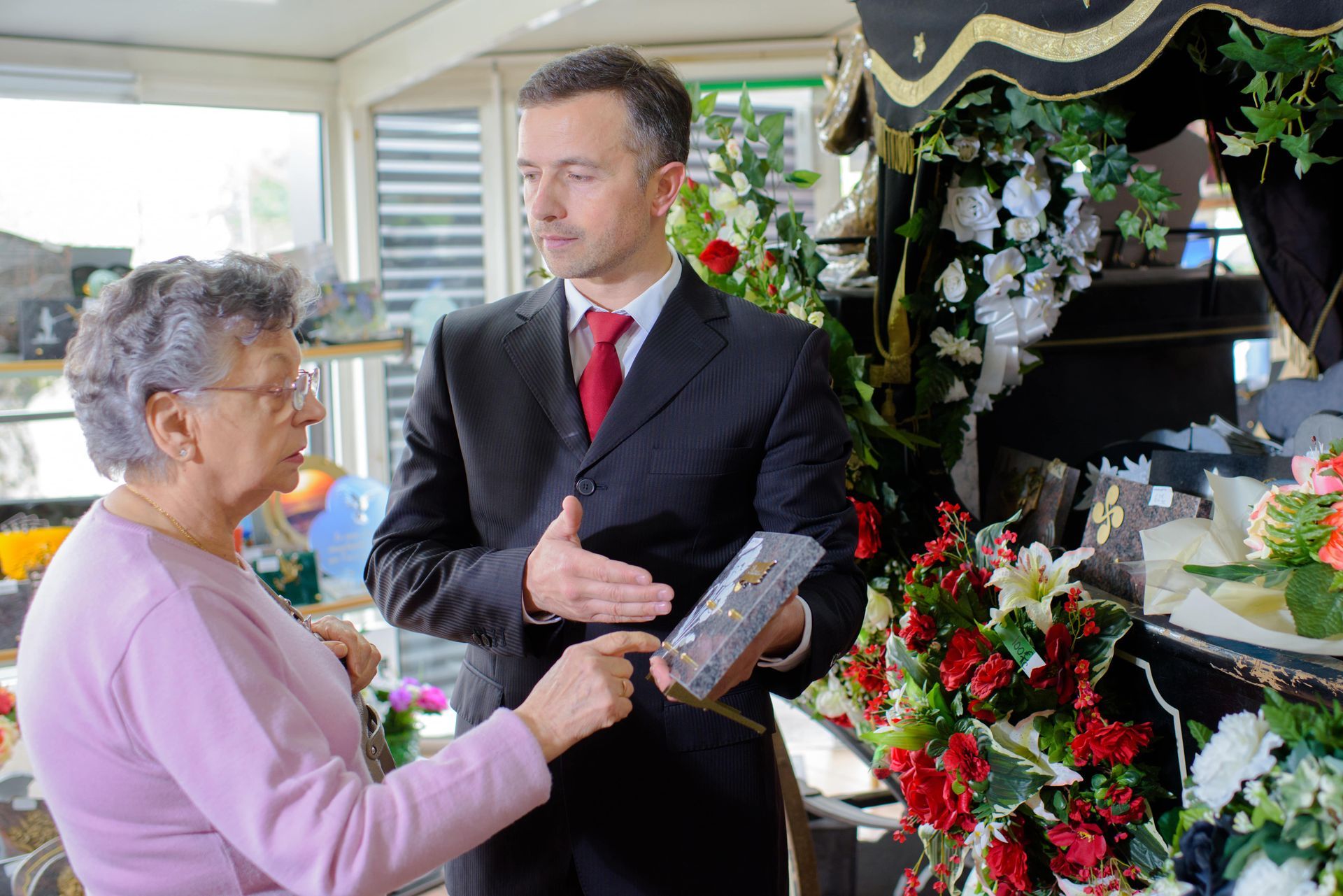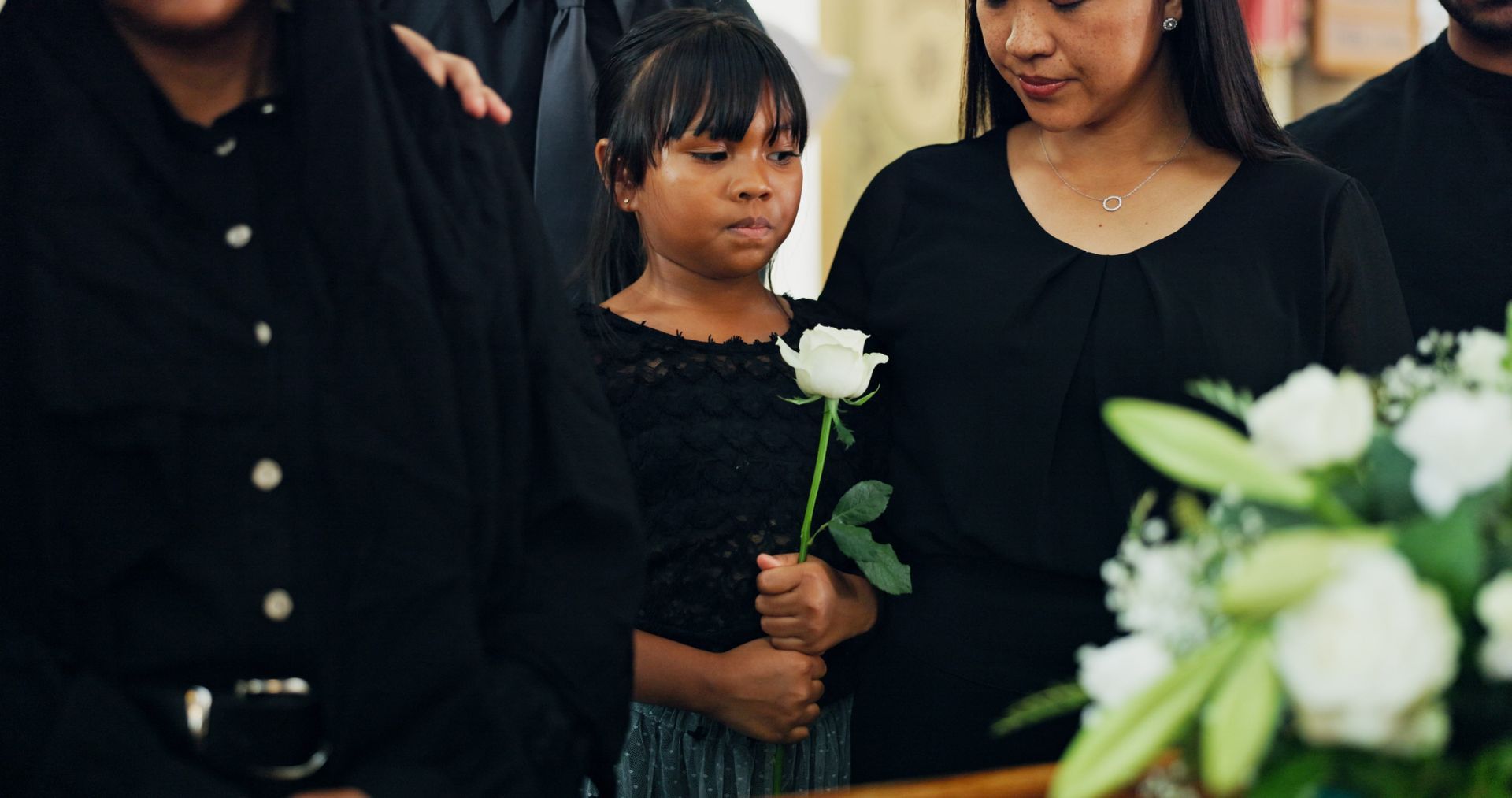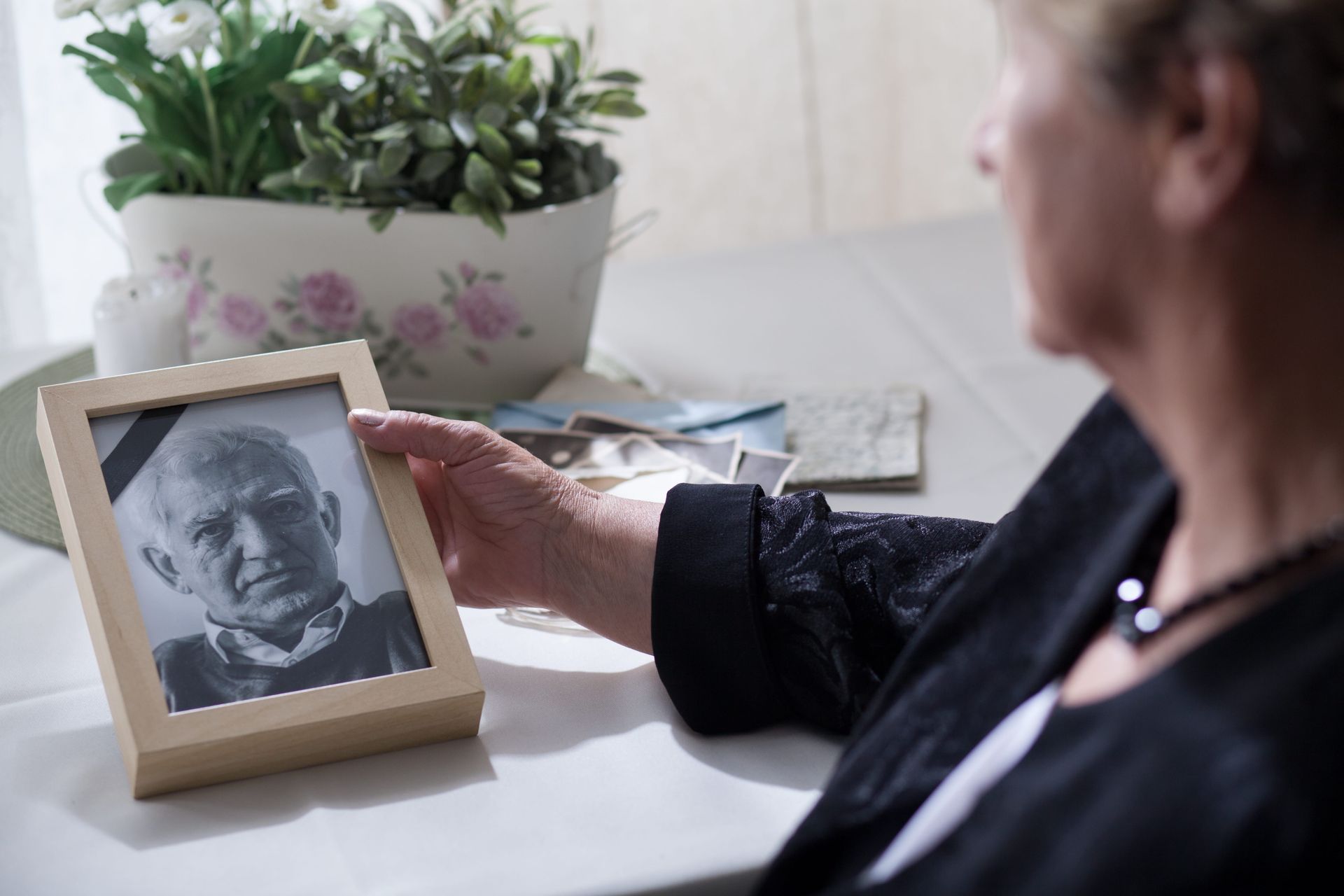What Happens to a Bank Account When Someone Dies?
At FP Gaunt & Sons, we understand that dealing with the financial affairs of a loved one after they pass away can feel overwhelming—especially during such an emotional time. One of the most common questions families ask us is: what happens to someone’s bank account when they die? In this blog, we’ll walk you through the key steps and considerations, so you feel more informed and confident as you handle this part of the process.
Notifying the Bank
The first step is to inform the bank of the death. Most banks will require a copy of the death certificate before they can take any action. Some may also ask for proof of your identity and your relationship to the deceased.
In the UK, many banks are part of the Death Notification Service, which allows you to notify multiple banks and building societies at once. It’s a free and secure service that can help streamline this part of the process.
Joint Accounts vs. Sole Accounts
- Joint Bank Accounts: If the account was held jointly—such as between spouses—then the account will typically continue in the name of the surviving account holder. The account doesn’t usually get frozen and can continue to be used.
- Sole Bank Accounts: If the account was in the name of the deceased only, the bank will usually freeze the account as soon as they are notified of the death. No money can be taken out, except for certain permitted payments, such as:
- Funeral costs
- Inheritance tax
- Outstanding bills in the deceased’s name

Accessing Funds from a Sole Account
To access or transfer funds from a sole account, the bank will need to see the relevant legal documents. These might include:
- A Grant of Probate (if the person left a will), or
- Letters of Administration (if there is no will)
These are documents issued by the Probate Registry that give the executor or administrator the authority to deal with the person’s estate.
Some banks have thresholds—often between £5,000 and £50,000—under which they might release funds without probate, particularly if the estate is small. Each bank sets its own limit, so it’s worth contacting them directly to find out.
What Happens to Standing Orders and Direct Debits?
Once the account is frozen, all standing orders and direct debits will stop. It’s important to contact service providers (utilities, insurance, subscriptions, etc.) to inform them of the death and make alternative arrangements where necessary.
What If There’s Debt in the Account?
If the account is overdrawn, the debt doesn’t pass to family members personally. Instead, it is settled from the estate—along with any other debts the person may have had—before inheritance is distributed to beneficiaries.
Final Thoughts
Sorting out a loved one’s finances is never easy, but knowing what to expect can help make the process a little more manageable. If you’re ever unsure, it’s a good idea to speak to the bank directly or get advice from a solicitor or probate specialist.
At FP Gaunt & Sons, we’re always here to offer guidance and support. Whether you need help with arranging a funeral or understanding the steps after a death, our compassionate team is just a phone call away.












